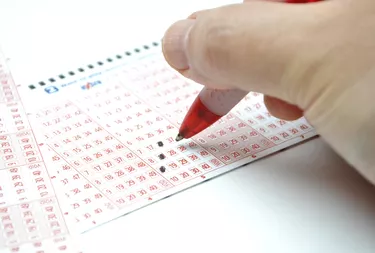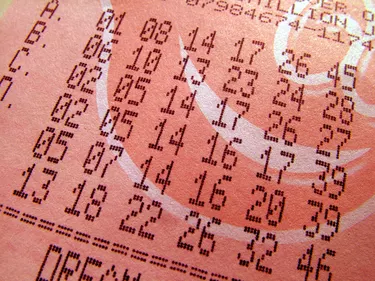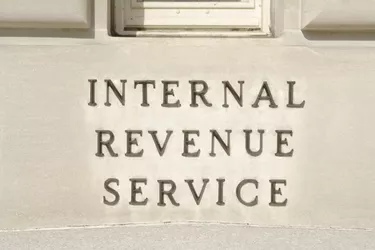
Due to public disclosure laws, it can be difficult for a person who wins the lottery to keep her identity a secret. That said, the task isn't impossible. Anyone trying to do this should hire a lawyer as soon as possible, then set up a blind trust so that the trust can become the legal recipient of the winnings.
Get a Lawyer
Video of the Day

In most states, pertinent information about lottery winners is required to be released under state law. This includes the winner's name; city, county or residence; and the amount won. If you want present the information in a way that helps protect your identity, hire a lawyer immediately after you have won the lottery and don't tell anyone else but your most trusted confidantes that you won.
Video of the Day
Establish a Trust

One way to get around state laws mandating that lotto winners' names be announced is to establish a blind trust. This way, the trust can claim the prize rather than the individual. A blind trust is an arrangement where one party, such as a trustee, has control over the tangible or intangible assets of another party. Work with the attorney to set up a trust so that it can receive the proceeds from the lottery.
Claim the Prize

Contact the lottery commission to claim the prize. Have a lawyer on hand along with the winning ticket. At this point, the attorney should handle most of the transaction and explain that the winner has a blind trust, and that the trust is the official beneficiary of the winnings. Most states have guidelines regarding how much information can be released about lottery winners. Request that the minimum amount of information be released so that you are not required to take part in a press conference or related publicity activities.
Protect Your Assets

If the lottery commission, IRS, public or other party attempts to publicly reveal your name, sue if necessary to protect your identity. This might only be a temporary solution, however. It's possible for members of the media or public to establish a paper trail by looking up the details of a blind trust, including the names of all involved. At the very least, suing can delay the information's public release, which might give you time to relocate to another address if you prefer.